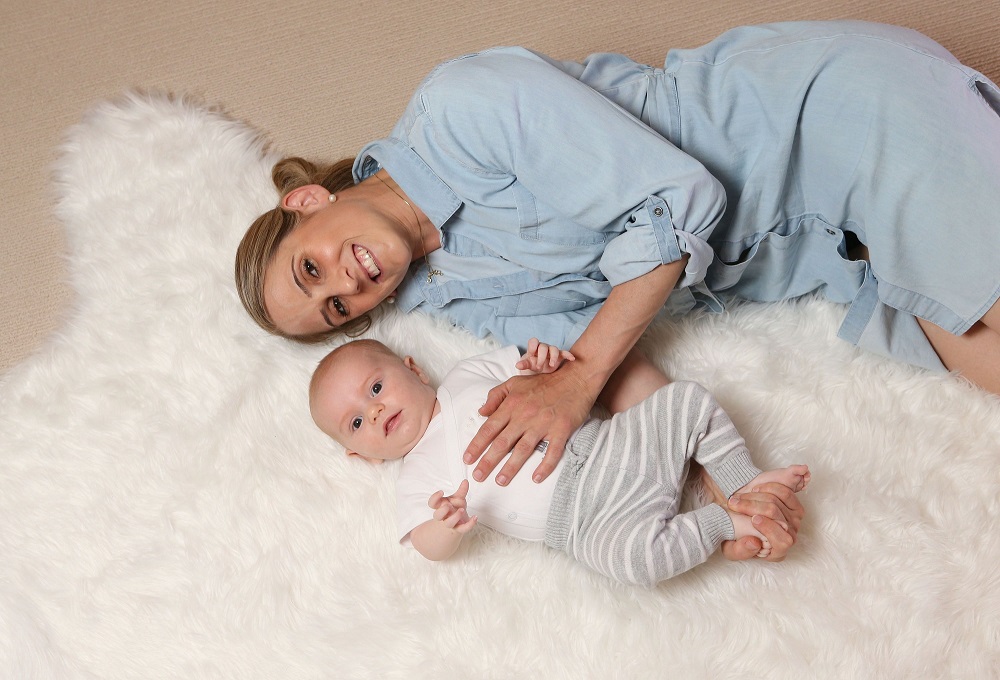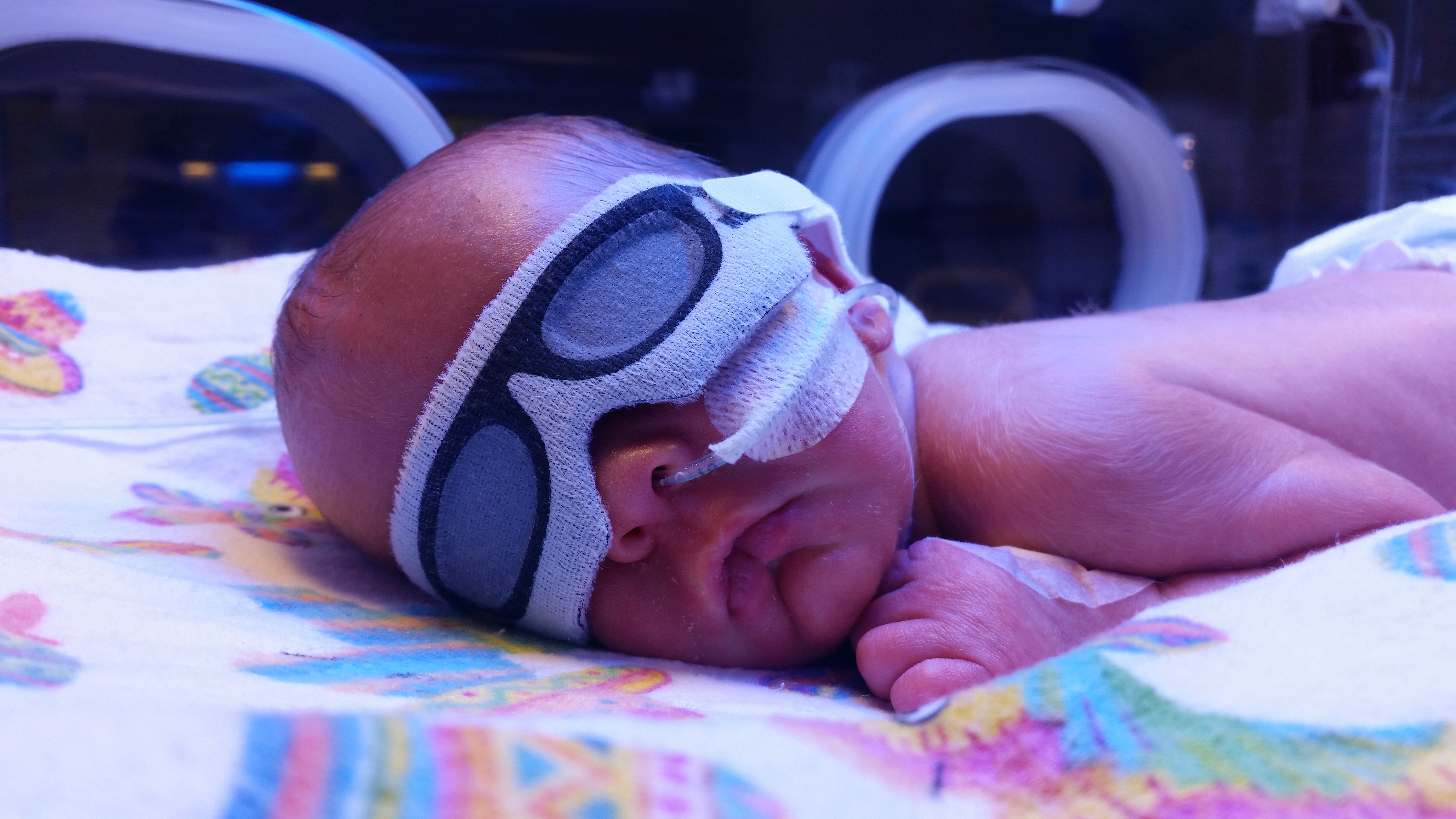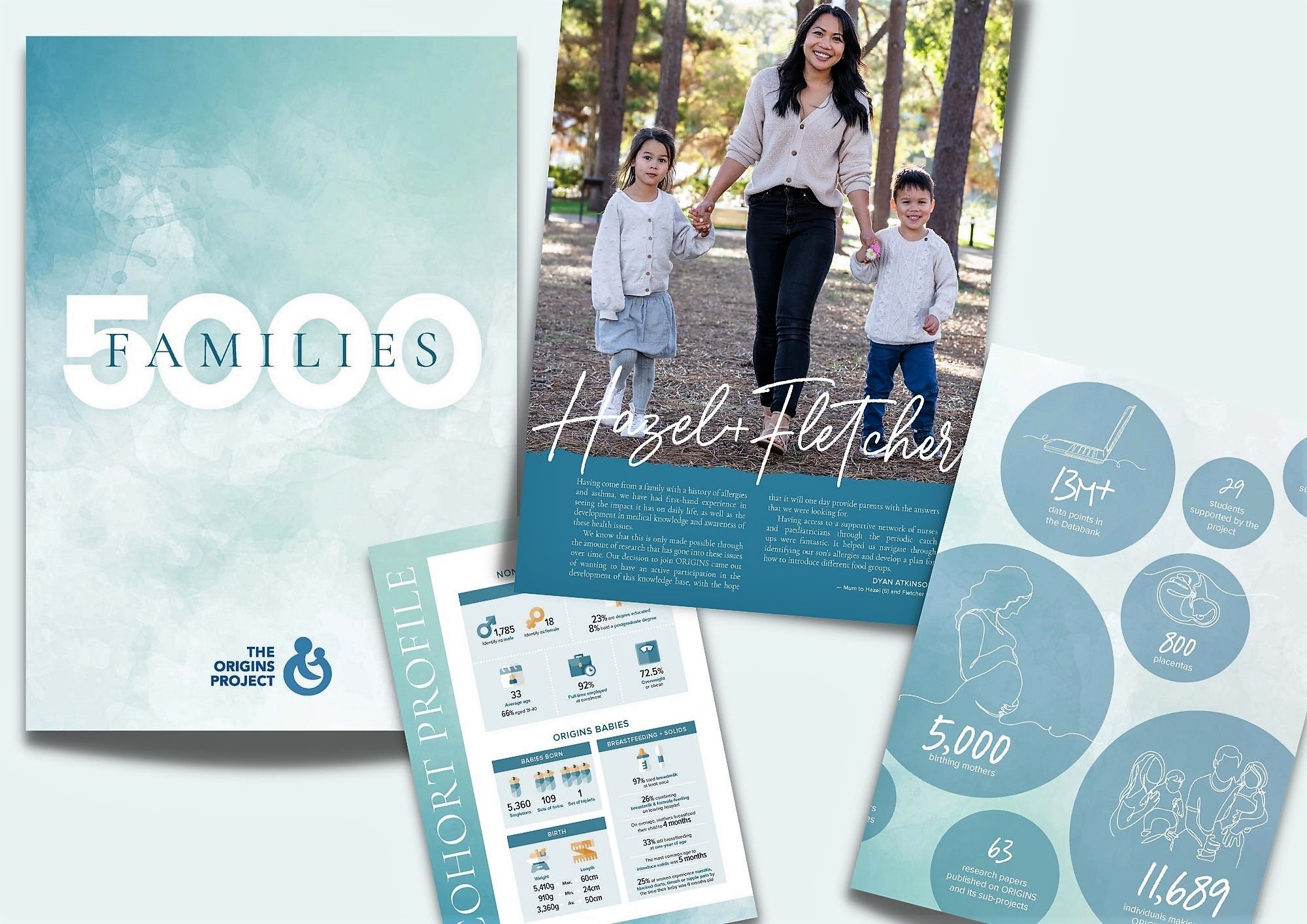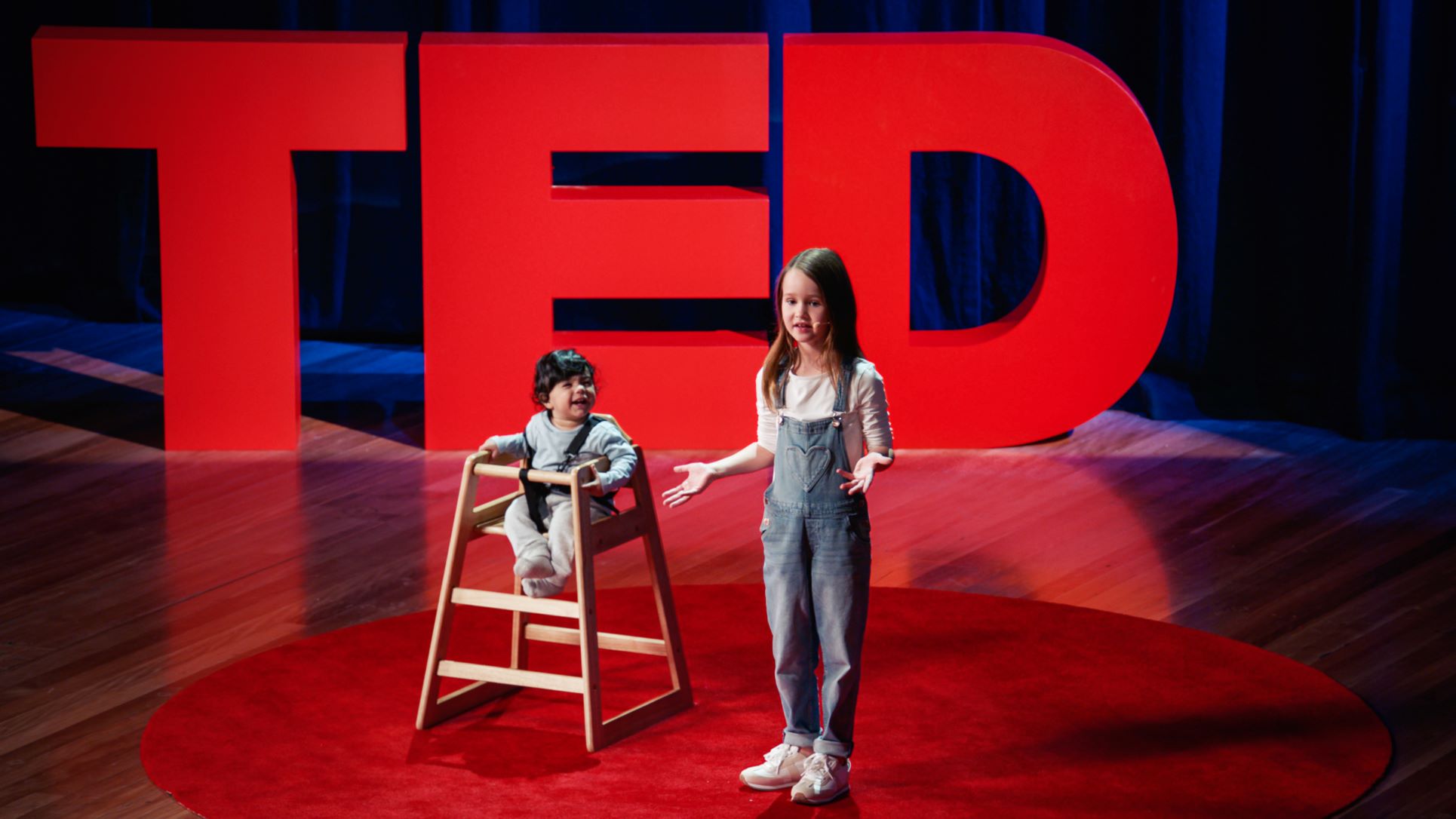Search

This easy-to-use comparison device of CGM devices is designed to help you pick the right device for your family.

Flexible insulin therapy

A list of the Children's Diabetes Centre's research track record.

The period of transition between paediatric (child) services and adult-based services is a sensitive one for patients with diabetes.

The Rio Tinto Children’s Diabetes Centre is committed to increasing the community voice in diabetes research at all levels to ensure our research is

A new research study conducted by Professor Jeneva Ohan and Dr Keely Bebbington aims to develop our understanding of how adolescents navigate these disclosure decisions, and how we can support them to feel more confident when talking to others about their diabetes.

News & Events
World-first research helps to identify child developmental delaysThe ORIGINS Project’s Early Moves study is investigating whether a baby’s early movements can predict learning difficulties later in childhood.

News & Events
Desire to help others helps one ORIGINS familyCathy Chopping is thankful she decided to try and help others by joining ORIGINS

News & Events
ORIGINS 5000 Families ReportORIGINS released a milestone document this week, celebrating our families.

News & Events
Thrive by Five TED Talk - Have you met Molly?ORIGINS Director, Prof Desiree Silva is playing an integral role in promoting a Thrive by Five TED Talk asking parents to engage more meaningfully and often with children in order to promote their brain development and set them up for life.
